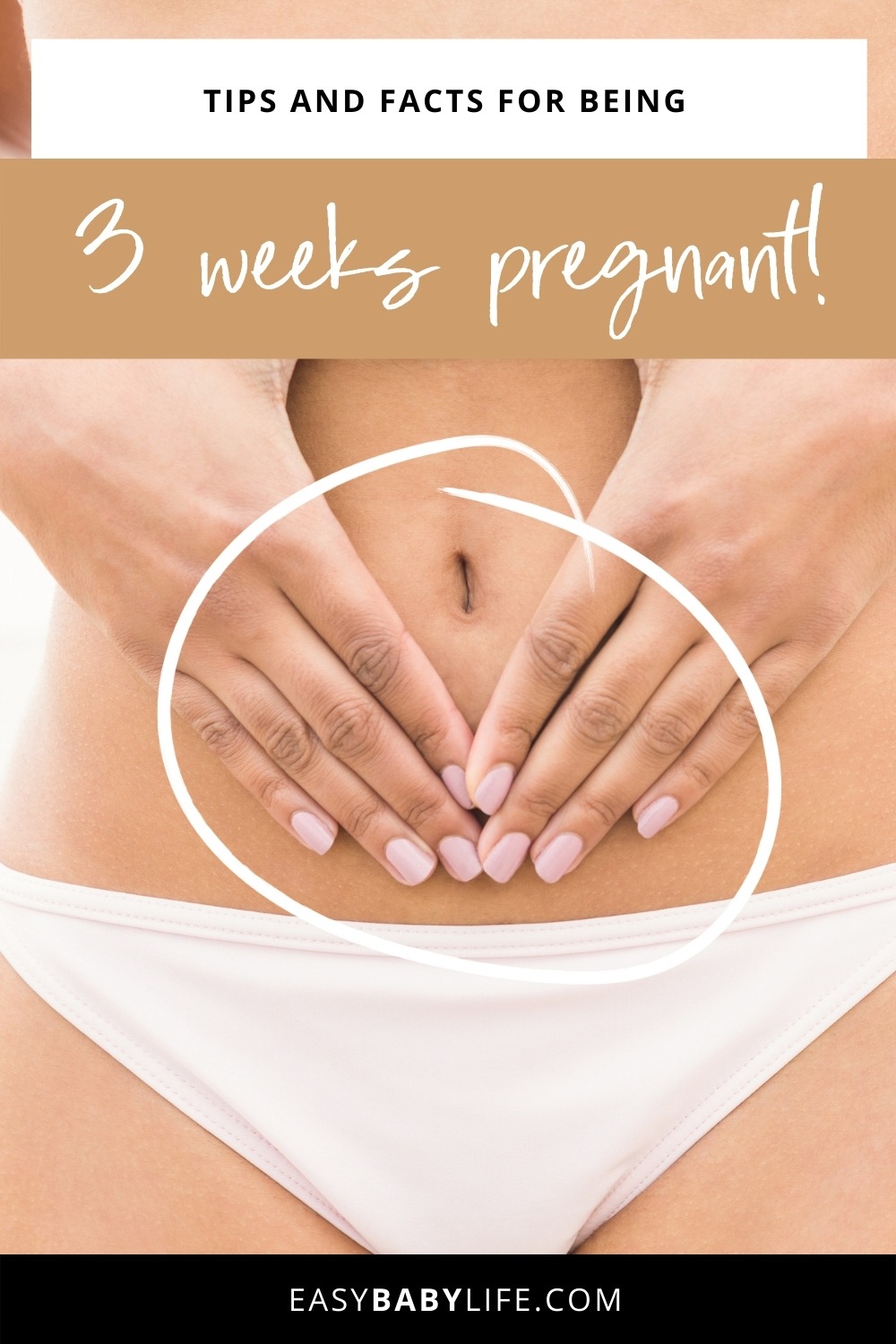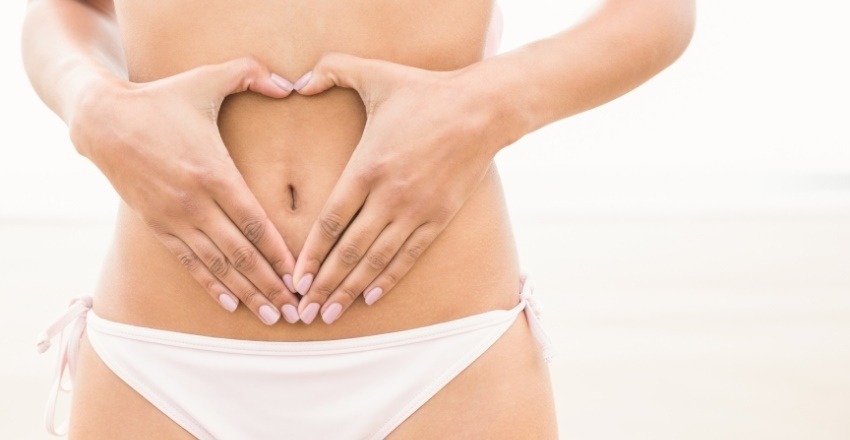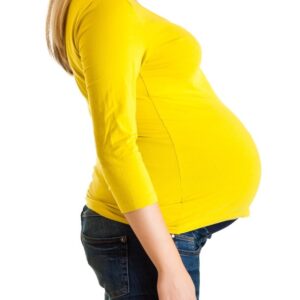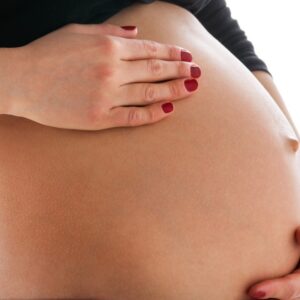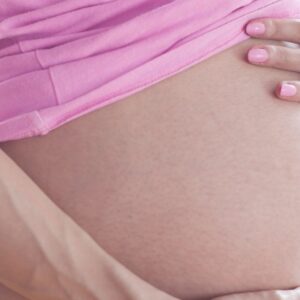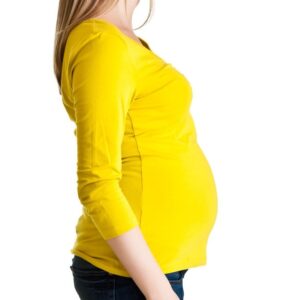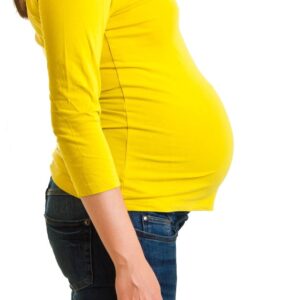Being 3 weeks pregnant means finally actually being pregnant.
If you are…
Wavering between hope and despair is common and natural during this week. Waiting for that positive pregnancy test is tough. This article will go through what is happening with your body this week, and how the little embryo is developing.
|
|
When you are 3 weeks pregnant, your fertilized egg is traveling through one of your fallopian tubes. You are pregnant, but will not be able to feel it – just yet. But already during next week, you might notice the very first signs of being pregnant.
What to Expect When 3 Weeks Pregnant?
In this article:
How Many Months is 3 Weeks Pregnant?
At 3 weeks pregnant, you are in your first trimester and month 1 of your pregnancy journey.
As you probably know, pregnancy lasts for 9 months or 40 weeks. These are divided into three trimesters.
Counting pregnancy weeks and months is often confusing. And there is a good reason for it. Pregnancy weeks don’t fit perfectly into months. That is why it is advisable to stick to counting weeks only. You’ll notice that your doctor will also use weeks when talking about the progress of your pregnancy.
If you would like to know how to count weeks and months of pregnancy properly, we wrote a post that might help you understand it.
In it, you can also read about how the due date is calculated and what is the difference between fetal and gestational age.
Your Baby at 3 Weeks
How Big Is My Baby at 3 Weeks?
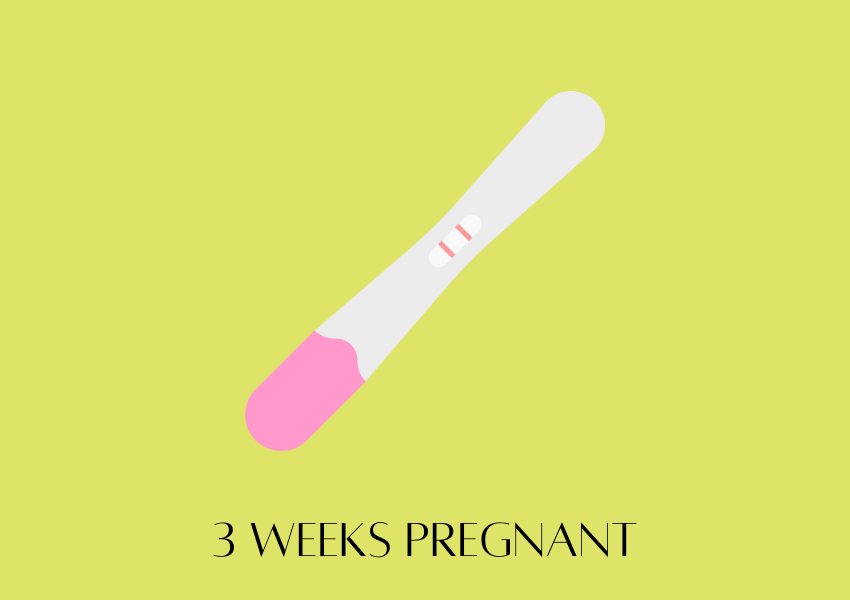 Pin
Pin
By the end of this week, the fetal age of your baby is one week. Congratulations! 3 weeks pregnant, you now have a fertilized egg growing inside of you at a rapid rate!
Your baby is currently the size of the head of a pin, or smaller. That is still really tiny, and it will not be detected in the ultrasound just yet. But that will soon change. You’ll find a handy (and cute!) chart for baby size by pregnancy week here.
Fetal Development
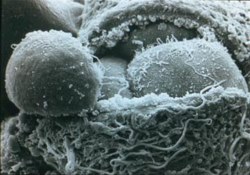 PinThe cell division that is happening in your body occurs approximately 30 hours after fertilization. It starts with the dividing of 2 cells, then 4 and so on, as your egg moves its way through your fallopian tube to your waiting uterus. Once it reaches your uterine wall, the egg becomes a massive ball of cells and is referred to as a morula.
PinThe cell division that is happening in your body occurs approximately 30 hours after fertilization. It starts with the dividing of 2 cells, then 4 and so on, as your egg moves its way through your fallopian tube to your waiting uterus. Once it reaches your uterine wall, the egg becomes a massive ball of cells and is referred to as a morula.
The morula will become hollow in order to fill with fluid and change into what we know now as a blastocyst. It can take nearly the remainder of the week for the blastocyst to attach itself to the lining of your uterus, also known as the endometrium.
At the very end of this week or during the 4th week of pregnancy, your egg will have been implanted. Welcome home, little one! :-)
Yes, implantation – the big “happening” when 3 or 4 weeks pregnant, when does it actually occur?
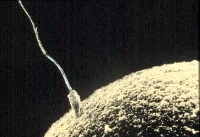 Studies indicate that implantation occurs at some point 5-12 days after ovulation; according to research, 9 days after ovulation is the average.
Studies indicate that implantation occurs at some point 5-12 days after ovulation; according to research, 9 days after ovulation is the average.
Some pregnant women can actually feel a stinging or experience some spotting during implantation. (Most women don’t.)
If you are a dedicated user of BBT measurement, you might also notice an increased BBT after implantation, that stays, rather than starts to fall back to indicate that menstruation is approaching. This extra temperature rise, on top of the rise just after ovulation, was actually the first sign of pregnancy for me three times. Very exciting!
You can learn more about charting basal body temperature here.
And here is a good BBT thermometer if you want to give charting a try (and you’re not yet pregnant). (Link to Amazon)
The implantation site, where your egg attaches to the uterine wall, will eventually develop into the placenta that is essential for your baby’s development for pregnancy. During this time, your body produces the hormone hCG (human chorionic gonadotropin) that will let your body know to stop releasing eggs and to begin the production of estrogen and progesterone. With the increasing levels of hCG, you may even be able to show a positive result on a pregnancy test at this point in time (but not just yet).
If you are curious about what’s going inside your womb right now if you are pregnant, take a moment to watch this amazing video on how fertilization takes place.
Mom’s Body When 3 Weeks Pregnant
The Belly
At 3 weeks pregnant, you can’t notice any changes in the belly’s physical appearance. Although you probably can’t wait to see your belly growing, most women don’t start to show until week 12. It can take even longer than that.
You might feel and look bloated and mistake that for the growing belly. But as mentioned, there is still some time to wait for it to show.
However, once your belly starts growing, you will have more than enough time to enjoy it.
Pregnancy Symptoms
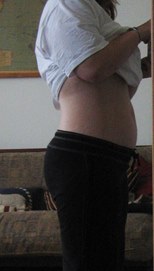 PinWhen you are 3 weeks pregnant, you really have only been pregnant for one week and you most likely won’t be able to “feel pregnant” yet, but do not worry, there will be plenty of time for you to feel the development of your new little one.
PinWhen you are 3 weeks pregnant, you really have only been pregnant for one week and you most likely won’t be able to “feel pregnant” yet, but do not worry, there will be plenty of time for you to feel the development of your new little one.
The symptoms of early pregnancy can vary from woman to woman, ranging from slight to severe depending on each individual.
Spotting (implantation bleeding) might happen around the time of the implantation when the fertilized egg attaches to the lining of the uterus. However, it is more likely you would experience it during the next week of pregnancy. Keep in mind that most women don’t experience it at all.
You might also start to experience having tender breasts or even nausea as the pregnancy hormone hCG begins to circulate in your body.
These symptoms can be experienced either alone or in a combination in the first stages of pregnancy.
Other subtle signs of pregnancy can include a heightened sense of smell, food preferences or aversions, frequent urination, or even an extreme amount of fatigue all of a sudden.
Do not be alarmed if you aren’t showing any sure signs of pregnancy or even if you have a wide combination of many. Each woman’s body is different and each pregnancy is unique.
Things to Do and Buy This Week
This is one of the most important times to make sure that you are taking in enough vitamins and nutrients your body needs in order to begin this new life.
Folic acid, which can be obtained through a high-quality prenatal vitamin supplement, will help prevent birth defects of the neural tube, such as spina bifida. A calcium supplement is also especially important since many women do not get enough calcium through a regular diet of leafy greens and milk products.
Iron will help increase your baby’s blood volume during this time of growth and development, so be sure to have a balanced diet including many fruits, vegetables, calcium, and proteins. To learn more about how to eat healthy during pregnancy, read this article.
Week 3 Video
Diary of a Daughter
What’s it really like being 3 weeks pregnant…? Here’s a true diary from a 3-weeks-pregnant mom (Me..!)
I wonder if this will be THE month… Charting my BBT as usual and my temperature has stayed high and stable. No sign of implantation yet, though.
Do you believe you might be 3 weeks pregnant? Please share your experiences and thoughts by leaving a comment below!
More About Early Pregnancy
- The early signs of being pregnant
- What affects the odds of getting pregnant
- Charting BBT for ovulation and pregnancy detection
References:
Mayo Clinic, Mayo Clinic Guide to a Healthy Pregnancy
Joanne Stone MD and Keith Eddleman MD, The Pregnancy Bible: Your Complete Guide to Pregnancy and Early Parenthood
Nilsson, L; Hamberger, L. A Child Is Born
Soderberg, L., Mammapraktika. B Wahlstroms.
Image: Image of 3 weeks embryo thanks to the Science Museum
|
|

Paula Dennholt founded Easy Baby Life in 2006 and has been a passionate parenting and pregnancy writer since then. Her parenting approach and writing are based on studies in cognitive-behavioral models and therapy for children and her experience as a mother and stepmother. Life as a parent has convinced her of how crucial it is to put relationships before rules. She strongly believes in positive parenting and a science-based approach.
Paula cooperates with a team of pediatricians who assist in reviewing and writing articles.

